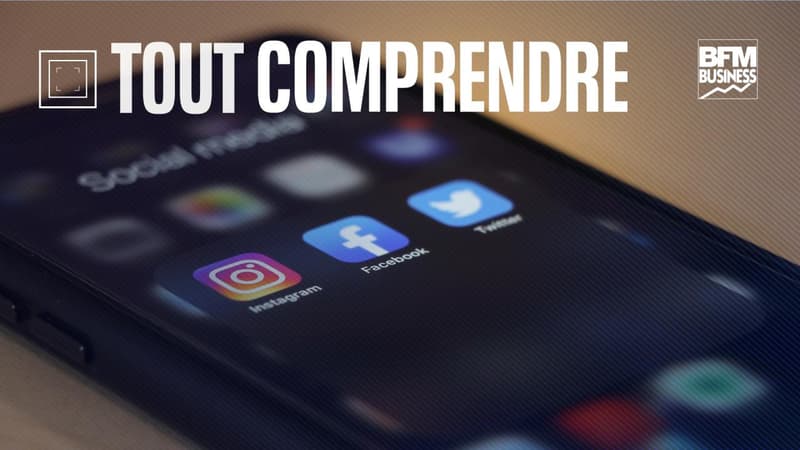A text presented by Laurent Marcangeli, president of the Horizontes group in the National Assembly, seeks to prohibit access to social networks for those under 15 years of age. The bill, registered on January 17, is part of the parliamentary niche of the Horizontes group, which is part of the parliamentary majority, and will be examined in the National Assembly on March 2.
• Why this text?
Through this bill, Members of the group and family members want to address the “psychosocial” risks posed by social networks, but also cyberbullying of adolescents: according to the General Directorate of School Education (DGESCO), one in four high school students has faced cyberbullying at least once.
At the moment, there is no French study on the use of networks and mental disorders. In particular, the bill asks the government to publish a report on this issue. The text establishes that it is “necessary to expand our legal arsenal to considerably speed up the work of investigators in the framework of complaints filed for cybercrimes.”
• What could change?
The numerical majority for social networks is currently 13 years old, this is also the age that platforms, such as TikTok and Snapchat, theoretically set for registration. Except that this rule is only symbolic, since in 2022, 62% of people under the age of 13 had an account on at least one social network, according to the association Génération Numérique.
The Data Protection Law Regarding the consent for the processing of personal data, which entered into force in 2019, it has already raised the numerical majority to 15 years. The text, therefore, plans to extend it to social networks.
• What responsibility for the platforms?
To achieve this, the bill relies on social network operators imposing this age and restricting access to their platform. Thus, the text indicates that social networks “have a legal obligation to prevent minors under fifteen years of age from registering in their services.” On the other hand, it is possible that an adolescent under 15 years of age can register, if the consent of one of the holders of parental authority is expressly presented.
Regarding legal requisitions, it is expected that the platform will be sanctioned with a fine of 1% of its billing, in case of lack of response within 48 hours.
• Why is it going to be technically complicated?
Nothing in the bill mentions the technical part of age verification. Just like setting up controls for accessing porn sites, setting up such rules seems technically complicated. If a similar system is applied, the solution could depend on “a trusted third party”. Age verification would go through a private company that would allow documents to prove age to be provided.
However, the National Commission for Informatics and Liberties (CNIL) already alerted in 2022 about this system, concerned about the databases that these third-party companies would possess. Above all, the implementation of the verification is based both on the platforms that must play the game of the association and on the creation of a verification dedicated only to French users.
To this, we must add that the platforms could take a dim view of this new establishment. If the digital majority of social networks goes to 15, platforms like TikTok would lose a large part of their audience.
Source: BFM TV


